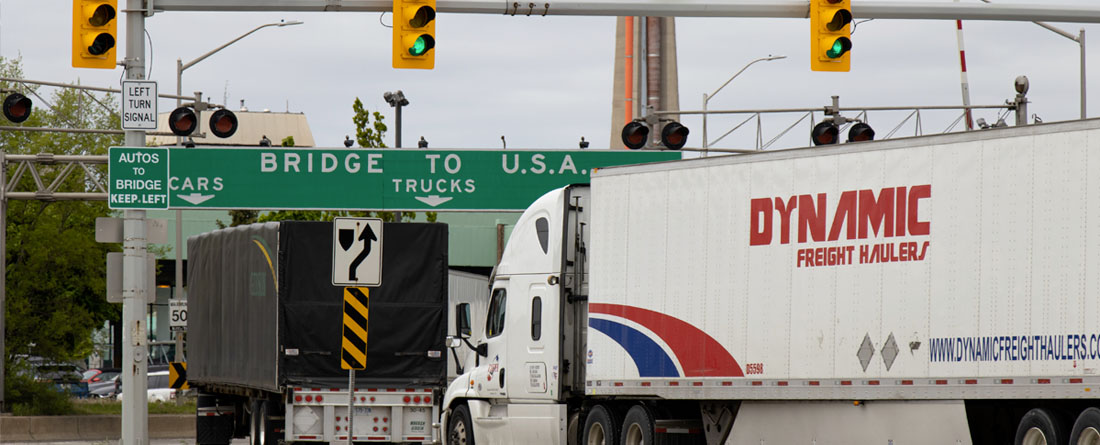The trucker protest at the Ambassador Bridge caused production disruptions at various factories as they struggled to get parts over the U.S.-Canada border, particularly Ford Motor Co. and Toyota Motor North America. The situation couldn’t have come at more unwelcome time for carmakers — and for car buyers. Now that the standoff is over, the fallout leaves automakers scrambling for chips as supplies are quickly becoming depleted.
General Motors and Stellantis were running plants on normal operations as of early afternoon Friday. Though both were monitoring the situation after experiencing some production stoppages earlier in the week.
About C$100 million worth of auto parts cross the border each day, with many shipments timed to arrive just as manufacturers need them.
“The blockade comes at a terrible time as the auto industry already has been shutting down plants due to the chip shortage. This exacerbates the situation,” said Michelle Krebs, executive analyst at Cox Automotive. “For consumers, this will cause continued shortages in inventory, continued high prices as a result and long delays in getting a vehicle, perhaps that they ordered.”
The closure of the bridge, North America’s busiest international land border crossing and a key supply route for Detroit’s carmakers, has halted some auto output and left officials scrambling to limit economic damage.
Canada sends 75% of its exports to the United States, and the bridge usually handles 8,000 trucks a day, representing a quarter of all cross-border trade, or about C$500 million ($392.56 million U.S.) per day.







![[Presentation] Livestream of TMC’s Press Conference](https://www.miamicars.com/wp-content/uploads/2023/02/tmb_corporate-218x150.png)








